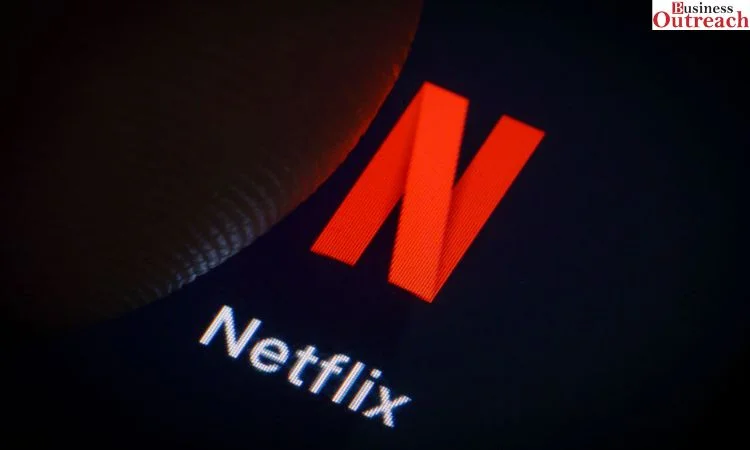Netflix founder and chairman Reed Hastings recently revealed a key strategy that helped the streaming giant become a $240 billion company. He spoke about the importance of actively seeking out dissenting opinions and critical feedback before making major decisions. Hastings believes that encouraging employees to disagree with their managers and express doubts plays a vital role in a company’s long term success.

In his conversation with Tim Ferriss, Hastings discussed the concept of “farming for dissent”. He explained that it is psychologically difficult for most employees to argue with their bosses. So leaders must proactively create opportunities for constructive criticism. At Netflix, managers are asked to list three things they would do differently if they were in the top position. Hastings also solicits honest ratings from dozens of executives on big decisions, ranging from +10 to -10.
This practice has helped Netflix avoid many mistakes over the years. Hastings shared that they did not receive enough critical feedback before launching the failed Qwickster rebranding in 2011. Had they “farmed for dissent” back then, they would have seen numerous negative ratings. This would have served as a warning sign to rethink the strategy. Hastings now considers it one of his most valuable learnings as a leader.
Seeking out dissenting opinions is crucial because it prevents groupthink. When everyone just agrees with the top management, it limits creative thinking and new perspectives. But encouraging employees to point out flaws can lead to better solutions. Dissenters often notice issues that others miss due to overconfidence or lack of alternative viewpoints. Incorporating these contrarian ideas helps make decisions more well-rounded.
At Netflix, this approach has helped the company avoid major pitfalls and pivot quickly when needed. It also fosters a culture where employees are not afraid to speak up when they see problems. This kind of transparency and feedback loop is important for organizations dealing with constant change and disruption. It keeps the decision making process dynamic instead of rigid or myopic.
In today’s VUCA world, the ability to acknowledge weaknesses and course-correct is more important than ever. By instituting systems to proactively uncover dissent, leaders can tap into collective intelligence. This gives businesses a competitive edge to spot risks in advance and come up with more innovative solutions. Hastings’ emphasis on “farming for dissent” demonstrates how seeking contrary opinions, not just consensus, can power positive transformation over the long run. It is a highly valuable lesson for all companies.















